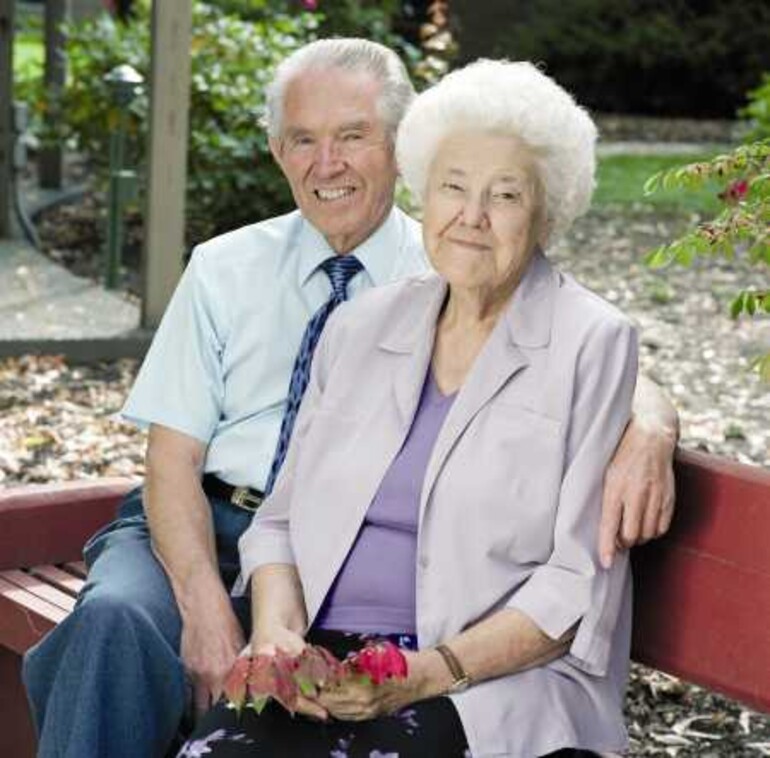It can strike while you’re doing the dishes or visiting with colleagues. Its devastating impact can rob you of movement and speech, or take your life. Stroke is a cardiovascular disease that affects more than 700,000 Americans each year—people like Keith Gibbons, a local retiree who volunteers at Walla Walla General Hospital (WWGH).
A kind-hearted man who served in the military, Gibbons received his doctorate and then pursued a lifelong career in education. His teaching experience spanned elementary to college level and superintendent roles across the country.
One Friday, he simply went out to walk the dog and, if not for the instant observance of his wife of 62 years, may well have fallen prey to the destructive force of stroke.
The symptoms were subtle. Gibbons said, “I knew my mouth felt mushy but didn’t think much of it.” When his wife, Elizabeth, noticed his slurred speech, she instantly enlisted a neighbor’s help to get Gibbons to WWGH, where the emergency department team immediately diagnosed stroke and followed protocols resulting in the prompt administration of TPA, a clot-busting drug. Within hours, Gibbons felt much better and wondered what all the fuss was about.
After spending a day in intensive care, Gibbons went home and returned to his volunteer duties at WWGH the next Monday. Life returned to normal. However, had Gibbons not been seen promptly at a hospital equipped to deal with stoke victims, the story might not have had such a happy ending.
When treating a stroke, time is critical, as is access to a medical facility with staff experienced in stroke assessment and protocols. Often it is vital that the stroke victim’s family or friends recognize stroke symptoms.
“Receiving the clot-buster drug within the first three-hours can save a life and minimize the vicious impact of stroke,” says Linda Givens, WWGH director of critical care services. For Gibbons, it meant returning to a life of woodworking, gardening and enjoying his great-grandchildren.
For more information about WWGH and its services, please visit www.wwgh.com.
Callout Quote
“Stroke is a cardiovascular disease that affects more than 700,000 Americans each year—people like Keith Gibbons, a local retiree who volunteers at Walla Walla General Hospital.”








